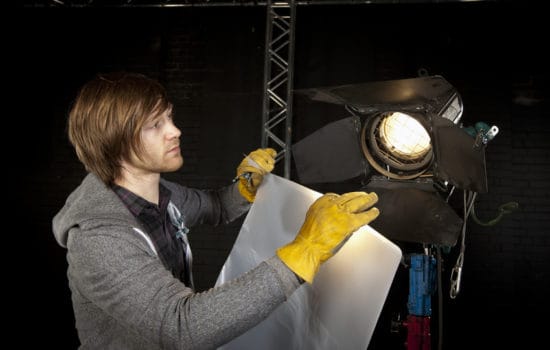What’s a movie pitch?
A movie pitch is a concise synopsis of the film’s components. These components include everything from genre to plot to characters to setting to theme. It’s best to be descriptive yet also word-efficient when compiling a pitch.
You want to include enough about the world you’re creating and the story you’re telling to be thorough but you also don’t want to be too wordy or over-descriptive. A meandering, longwinded diatribe could cost you your audience.
There are two types of movie pitches, the Standard Pitch and the Elevator Pitch. It’s wise to have both on-hand, practiced, and ready for your film. You never know which would be most appropriate for specific circumstances. So best to always be prepared.























